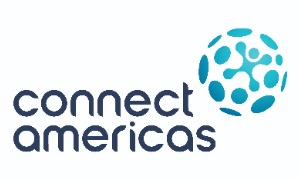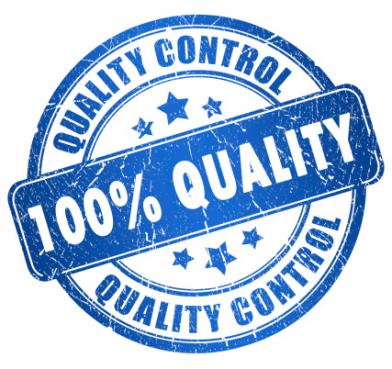1) CMMI
2) ISO 9001:2000
3) ISO 27001 (previously BS7799)
4) ISO 20000
5) eSourcing Capability Model for Service Providers (eSCM-SP)
1. CMMI: The Capability Maturity Model Integration (CMMI) model is a reference framework for assessing the maturity or capability of an IT company’s processes. Providers find it a useful guide for supervising and improving the quality of the software that is offered. It is organized in five maturity levels presenting evaluation criteria and a guide to progressive improvement. It is a suitable way of defining action priorities for increasing the quality and competitiveness of the delivered services. For more information click here.
2. ISO 9001:2000: ISO 9001 is one of the most important standards for software providers. It offers a framework for standardizing work methods and procedures. Not only with respect to quality control but to the entire organization: from purchase to processing, quality control, sales and administration. ISO 9001 requires companies to exactly describe their processes (or activities) and the development of procedures or activities to be carried out. For more information click here.
ISO 9001 includes the following main sections:
- Quality management system (QMS)
- Management responsibility
- Resources management
- Product development
- Analysis and improvement measurement
3. ISO 27001: This certification comprises information security issues and replaces the former BS7799 standard. Customers increasingly require providers to offer high security levels upon delivering services. This standard basically aims to help establish and maintain an effective information management system through a continuous improvement approach. It implements OECD guidelines for the security of information systems and networks. For more information click here.
4. ISO 20000: The ISO 20000 certification is highly relevant in the IT infrastructure services industry. The standard includes two aspects: specification of a services management system and a code of practice. Together they offer the service provider a framework that defines the characteristics of services management processes that are essential for delivering high quality services. For more information click here.
ISO 20000 includes the following main sections:
- Service delivery processes
- Relationship processes
- Resolution processes
- Release processes
- Control processes
5. The eSourcing Capability Model for Service Providers (eSCM-SP): This standard is not as commonly used as the ones mentioned above but is equally significant for companies wishing to stand out. It is used for improving and certifying capability. Although the majority of these quality models only focus on delivery capability, eSourcing also considers critical issues relating to contract execution and termination. The ESCM-SP has been designed to complement existing quality models and for providers to capitalize on their improvement efforts. For more information click here.
These quality standards are generally not free. However, businessmen must consider them as a long-term investment for the company. There are some initiatives for obtaining cheaper certifications, e.g., chambers of industry, export promotion agencies and national or local governments that sponsor programs for SME access to subsidized certifications.



Follow Us